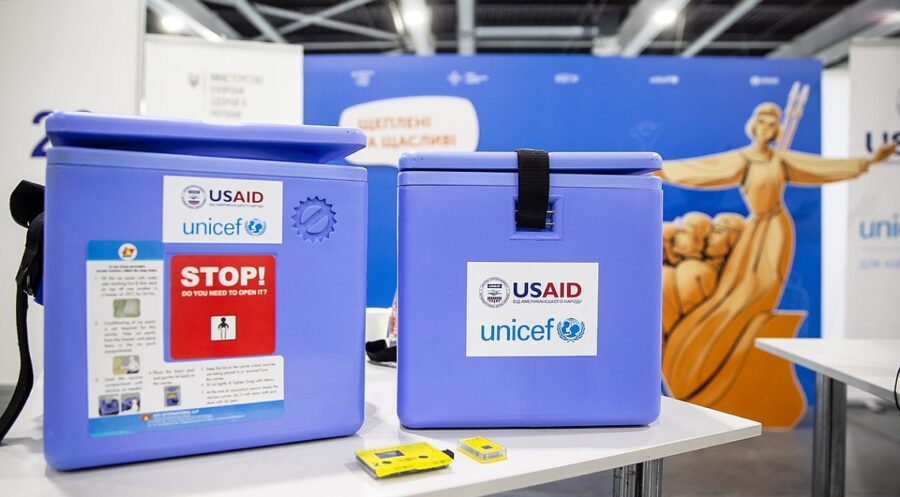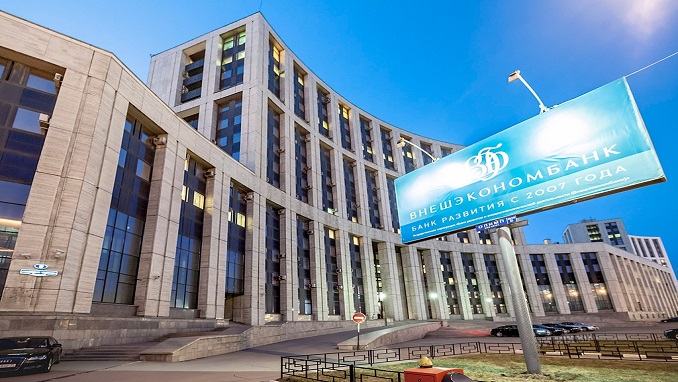In mid-September 2022, WFP intended to deliver emergency food aid to the host communities, returnees, and internally displaced people affected by the escalation of hostilities along the Kyrgyz-Tajik border. This was done in conjunction with the government, a press release from ReliefWeb states.
In addition to the money provided by the Central Emergency Response Fund, WFP also obtained additional funding from the governments of Japan and Switzerland in order to increase the amount of lifesaving assistance provided to the impacted populations in the provinces of Batken and Osh.
To achieve complete alignment with a shared Emergency Response Plan, the selection of transfer modalities and activities is closely coordinated with the government, funders, UN Country Team, and humanitarian partners.
WFP assisted the Ministry of Emergency Situations (MES) in organizing a scientific and practical consultation for the International Day of Disaster Risk Reduction with the help of development partners. The national disaster risk management system’s primary issues and potential were the focus of the consultations.
The National Security Council, Cabinet of Ministers, development partners, civil society organizations, and MES structural divisions were represented at these.
Joint plans to include WFP’s PRISM (Platform for Real-time Impact and Situation Monitoring) climate hazard monitoring system into the national disaster risk management system were discussed at the event.
The first cooperative project between WFP and the Green Climate Fund in the Kyrgyz Republic, titled “Climate services and diversification of climate sensitive livelihoods to empower food insecure and vulnerable populations,” has entered its implementation phase. The project’s goal is to assist the government in lowering susceptibility to climate change and enhancing the adaptive capability of rural people. It will be executed between 2022 and 2025 in 8 districts of the provinces of Batken, Naryn, and Osh.
Important government agencies, civil society groups, and academic institutions all attended the event. The parties involved endorsed partnerships and execution plans that would be successful. A Technical Working Group and Project Steering Committee were also established to oversee the project.



